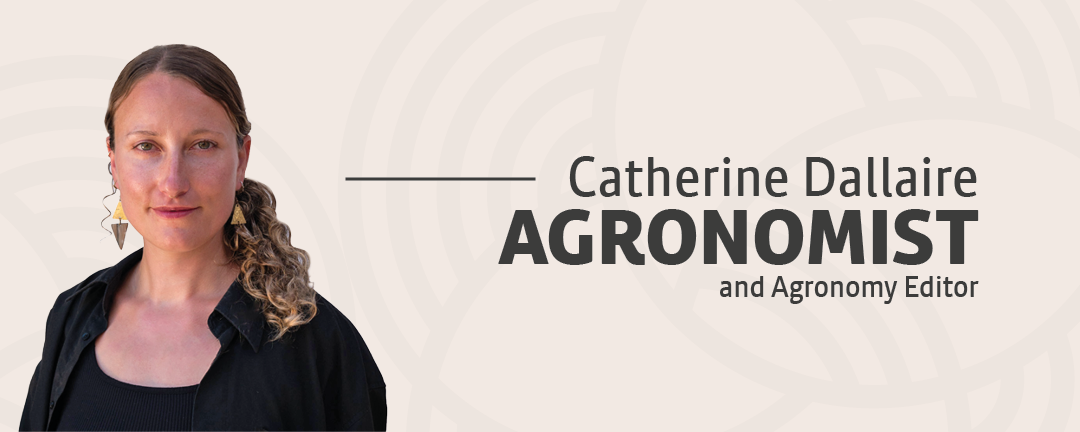
These teachings, whether they involve regenerative methods or holistic land management, are deeply valuable, especially in times of uncertainty. They embodied sustainability long before the word even existed.
Participating Fully in Agricultural Vitality
Despite the existence of certain initiatives, Indigenous Peoples in Canada continue to face systemic barriers, including limited access to funding, training, and infrastructure, which hinder their full participation in Canadian agriculture.
"Across the country, many Indigenous communities and individuals wish to become more involved in agriculture. Unfortunately, many programs are not designed with Indigenous-led approaches, meaning they don’t always align with traditional knowledge systems and community priorities," emphasizes the team at the National Indigenous Agricultural and Food Circle (NCIAF).
The NCIAF provides free support services with the goal of promoting economic empowerment and supporting communities as they grow, innovate, and lead in their own unique ways. The organization exists to bridge the gap between Indigenous agricultural projects and the industry, academia, government, and other like-minded organizations.
“Our work ranges from protecting Indigenous agricultural traditions to advancing reconciliation, whether it’s wild rice harvesting, bannock mix, aquaculture, modern farming, or food sovereignty initiatives.”
NCIAF’s vision is clear: they aspire to a space where the voices of First Nations, Métis, and Inuit shape the future of agriculture and food in Canada, bringing Indigenous ideas to life and ensuring the coexistence of traditions and innovations.
Honouring this knowledge, without extracting or appropriating it, and giving it the space and recognition it deserves, particularly in agriculture, where it is needed more than ever, could open new paths forward for Canadian agriculture.
“Together, we can build a more sustainable and inclusive future for Canadian agriculture. We invite you to connect with NCIAF to explore how we can work alongside communities in your area to support their food sovereignty and agricultural goals.”


